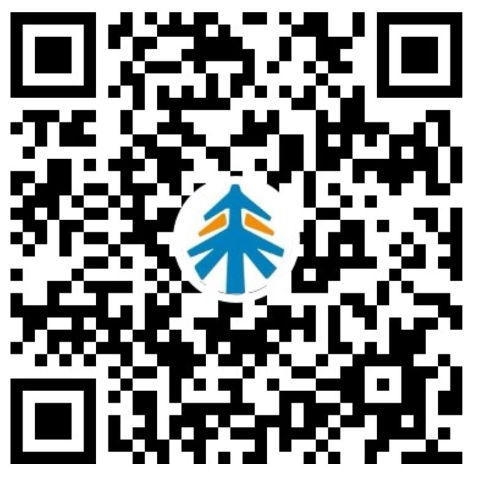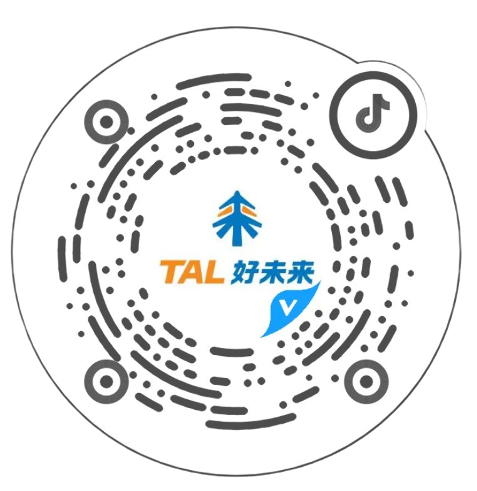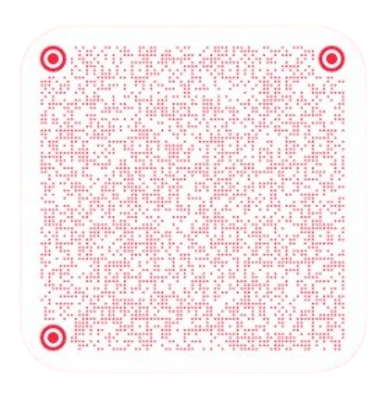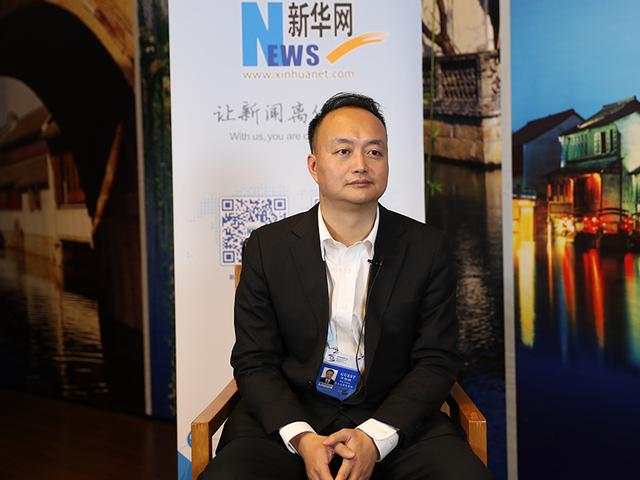




Xinhua News Agency, Hangzhou, October 21 (Chen Jie, Yang Xiaobo) The sixth World Internet Conference is held in Wuzhen, Tongxiang, Zhejiang from October 20th to 22nd, focusing on "Smart Interconnection, Open Cooperation – Building a Shared Future in Cyberspace".
During the conference, Wan Yi, Executive President of New Oriental Education & Technology Group, said in an exclusive interview with Xinhua News Agency that the integration of the internet and education is ubiquitous, and next, the further integration of artificial intelligence and education will bring more possibilities for innovation and change in the education field.

The following is a record of the interview:
Question: How does the internet participate in the integration and innovation of the education industry to empower the education sector?
Answer: We believe that the internet has become ubiquitous in the education industry, just like the air, as the integration of the internet and education deepens. Many changes can be seen, such as live-streamed classes, one-on-one live broadcasts, large-class live broadcasts, and New Oriental's online-to-offline combination of the OMO model, which integrates the main and assistant teachers both online and offline. These are new teaching methods that we believe make classrooms more efficient. Additionally, we believe the next big trend is the further integration of artificial intelligence and education, which will bring more possibilities for innovation and change in education. We believe that in the future, artificial intelligence will become as ubiquitous in education as the internet is today.
We believe that artificial intelligence will empower the supply side of education and make it more intelligent. This intelligent education will bring more possibilities to the form of classroom supply and make it more enriching, interesting, and fun, which will make children more interested.
Question: How do you view the transformation brought by AI to the education industry? Because artificial intelligence, remote live broadcasting, and screen sharing are already quite common in developed areas. How can AI ensure the quality and efficiency of teachers' classes?
Yes, as you just mentioned, from MOOCs, recorded classes to live streaming classes, and even dual-teacher education, they are already very common, but the integration of artificial intelligence and education has just begun. We initially believe that the application of artificial intelligence in education will bring four transformations: "high quality, low burden, large scale, and personalized". The integration of artificial intelligence in education will differentiate the teaching staff. Some teachers are best at being lecturers with strong expressive abilities, which can be used as the prototype for artificial intelligence teachers. Other teachers are good at communicating with and tutoring children, making them suitable as on-site assistant teachers. At the same time, artificial intelligence can solve problems in teaching, but it may provide less help in nurturing, which may require real teachers for communication with children, providing them with more love and attention. These are the roles of real teachers, which are irreplaceable. AI teachers will make the teaching process more efficient and of higher quality, reducing the burden on real teachers.